The aviation sector suffered setbacks due to the emergence of the COVID-19 pandemic in 2020, as the lockdown effected by many countries led to travel restrictions, reduced revenue and mass loss of jobs.
In the case of Nigeria, operators in the sector felt the impact of the pandemic more than their counterparts, as ‘old illness’ suffered by the airlines was exacerbated by the pandemic and left the operators writhing in pains.
For the sector to survive in 2021 – in the heat of the second wave of the pandemic, stakeholders shared their expectations and factors that must be addressed by the federal government to aid the rebound of the sector.
“Aside from the role of the government, the industry has always been given a bad name in that light. It is not that we don’t have the people to fix it, but there are different aspects that have been compounded over the years. That is why we are where we are today.“
They listed stable exchange rate, reduction of cost of operations, waivers on Customs tariffs for aircraft and spares and cost of aircraft insurance, a reversal of 25% remittance of earnings, amongst others.
Unstable exchange rate
In an interview with Nairametrics, the Managing Director, Aero Mainstream Cargo Services, Ajibade Adewale, explained that the unstable exchange rate, especially for aviation stakeholders, has been a clog in the wheel of operations of the airlines, and most of them cannot afford to inflate their charges in line with the unstable rate.
He said,
Operations of the airlines are largely dollar-denominated. Operations like aircraft purchase plus maintenance and training of staff amongst others can only be done in dollars. The only thing they do in local currency would be salaries.
“Either airlines are allowed to access stable rates or the federal government creates an enabling environment for aircrafts maintenance or repairs here.
“The rubber industry should be revived for investors to set up tyre manufacturing factories in Nigeria, in order to stop importing aircrafts tyres from other parts of the world. Most of the aircraft tyres are manufactured and imported from the United Kingdom (Dunlop), France (Michelin), United States of America (Goodyear), and Bridgestone (Japan).”
He insisted that if enabling environment is created by the government, some of these companies will return to Nigeria and this will reduce cost of maintenance for the airlines.
Lack of skills to execute right policies
On creating an enabling environment, especially for maintenance factory, Capt. David Olubadewo, Managing Director, Starburst Aviation Limited and a Nigerian based in UK, explained that aviation in Nigeria is a very difficult business because the environment is unfriendly.
He said,
“Aside from the role of the government, the industry has always been given a bad name in that light. It is not that we don’t have the people to fix it, but there are different aspects that have been compounded over the years. That is why we are where we are today.
“We have lots of very qualified people, there are lots of engineers in the United Kingdom and the United States who are Nigerians. We have people that are overqualified, but we lack the skills to execute the right policies to grow the sector.”
Cheaper loans
Olubadewo explained that most of the airlines and other industry stakeholders could not access cheaper loans because banks believe that the sector is too difficult to invest in.
“But that is wrong. It is not different from other sectors. We are all in it to make profit at the end of the day. I don’t obtain loans from Nigerian banks, because I will end up with -25% loss or more, but that is not happening in the UK where I pay far less interest rate.
If I take such loan in Nigeria, it means I am -28 per cent (interest rate) in red, and by the time you get to the top, you are owing millions. I cannot approach any of the banks to give me local money to do business in Nigeria. If I can go through that, you can imagine the experiences of the airlines.”
Suspension of 7.5% VAT
Recently, a member of the finance bill drafting committee and West Africa Tax Lead, PwC Nigeria, Taiwo Oyedele, disclosed via a tweet, that the federal government has again suspended the deduction of 7.5% Value Added Tax (VAT) on airfares and other air transport services.
According to him, the latest suspension order was scheduled to take effect on January 1, 2021, as it is contained in the 2020 finance act recently signed by President Muhammadu Buhari. Operators in the aviation sector are convinced that its implementation would ease the burden on them in 2021.
Effective 1st Jan 2021, commercial flight tickets have been exempted from VAT.
Next time you fly, cross check that you're not wrongly charged VAT (and hopefully air fares should come down). #FinanceAct2020— Taiwo Oyedele (@taiwoyedele) January 5, 2021
Media and Communications Manager, Dana Air, Kingsley Ezenwa, explained that his airline would be excited to plow back the proceeds of VAT removal to the business and ticket fares subsidy.
He said,
“But that may not happen soon, the expected gains are subject to the actual implementation of the policy and the review of other multiple charges in the aviation industry.”
What you should know
- The FG in June 2018 issued an executive order on the suspension of VAT in air transport, but the Federal Inland Revenue Service (FIRS) claimed to be unaware of such a directive, hence it was never implemented.
- Airline operators had complained that Nigeria is the only country that still charges VAT on air transport services. The VAT plus 36 other charges, according to the airlines, account for at least 40% of total revenue and N10 billion in taxes yearly, leaving the airlines heavily indebted and in financial distress or both in most cases.














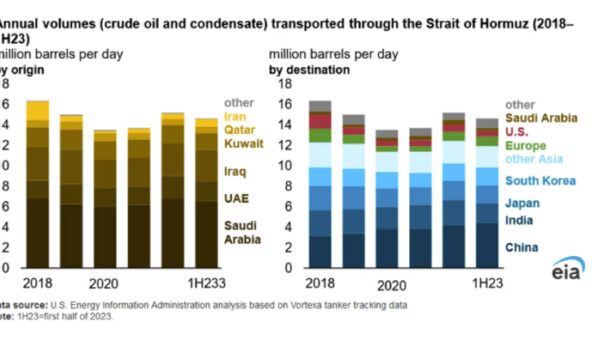
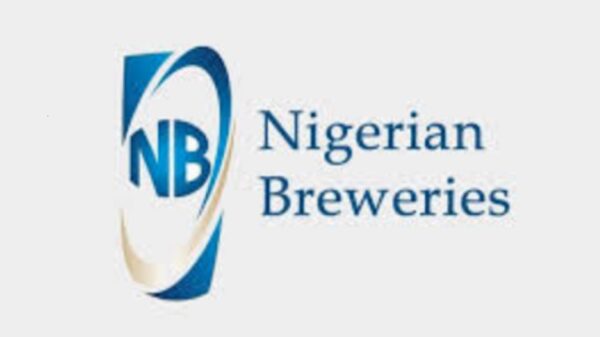




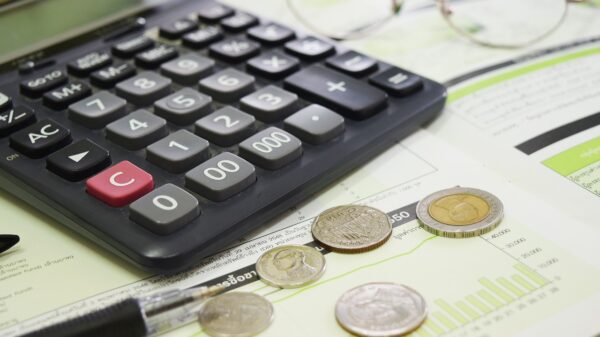
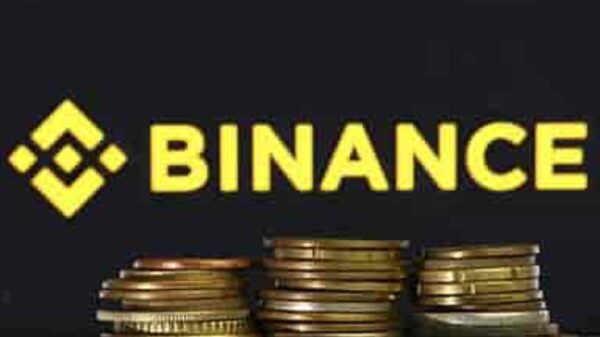



























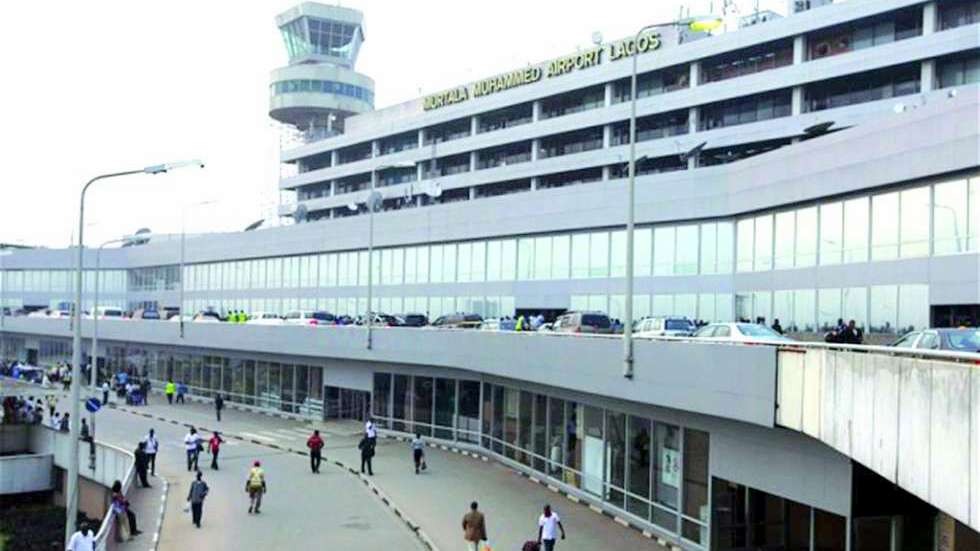
You must be logged in to post a comment Login